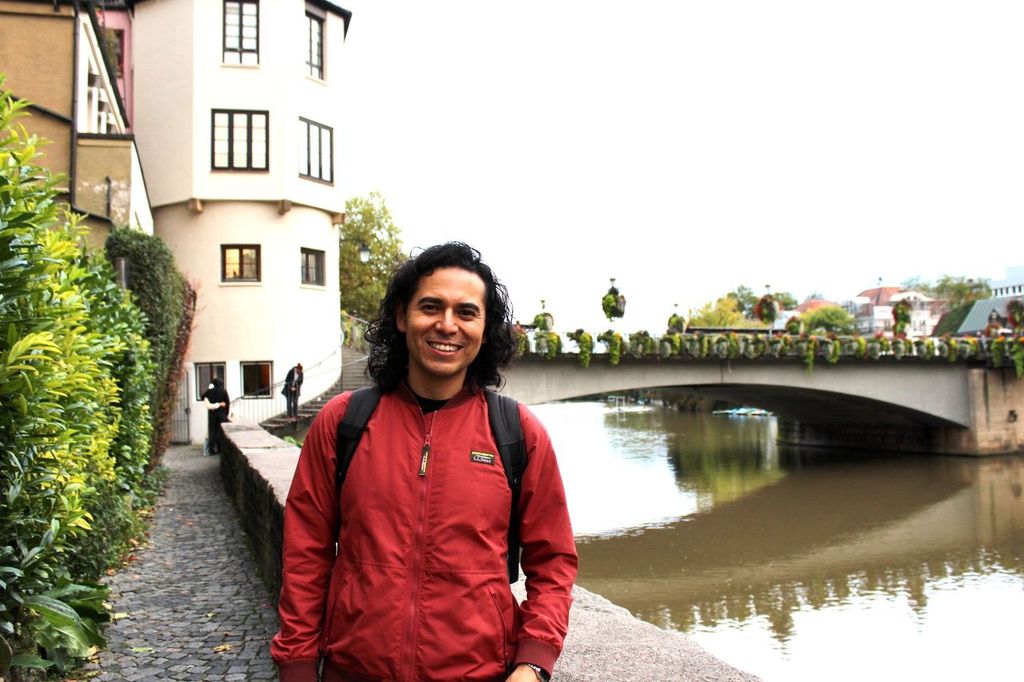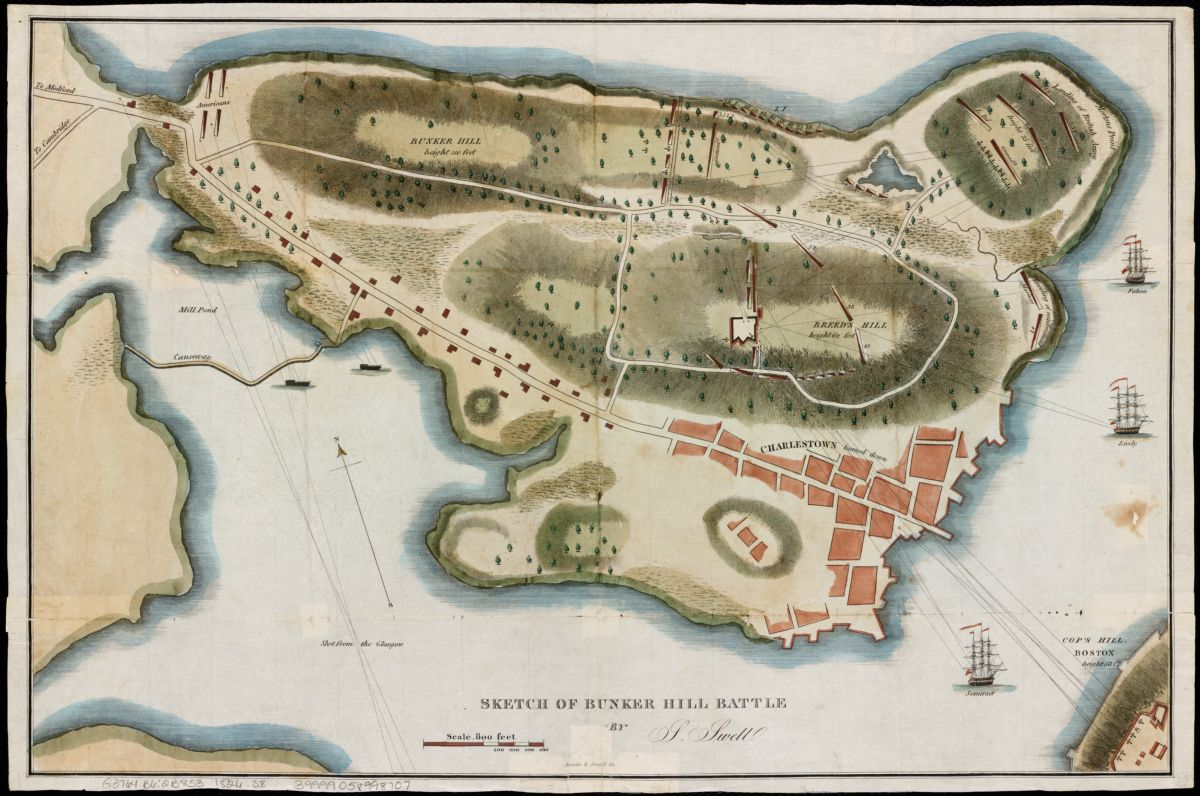Location
Virtual
Date
Jan 14, 2025
Time
6:30 EST
Cost
Free
Digital technologies have changed how we shop, work, play, and communicate, reshaping our societies and economies. To understand digital capitalism, we need to grasp how advances in geospatial technologies underpin the construction, operation, and refinement of markets for digital goods and services.

Dr. Luis F. Alvarez León
In this talk, based on his recent book, The Map in the Machine, Luis F. Alvarez León examines these advances, from MapQuest and Google Maps to the rise of IP geolocation, ridesharing, and a new Earth Observation satellite ecosystem. He develops a geographical theory of digital capitalism centered on the processes of location, valuation, and marketization to provide a new vantage point from which to better understand, and intervene in, the dominant techno-economic paradigm of our time. By centering the spatiality of digital capitalism, Alvarez León shows how this system is the product not of seemingly intangible information clouds but rather of a vast array of technologies, practices, and infrastructures deeply rooted in place, mediated by geography, and open to contestation and change.
Luis Felipe Alvarez León is Associate Professor of Geography at Dartmouth College. His work focuses on the political economy of geospatial data, media, and technologies. He is currently working on the geographies of autonomous vehicles, and the changing political economy of remote sensing. He is the author of The Map in the Machine: Charting the Spatial Architecture of Digital Capitalism (University of California Press, 2024).


